Did you know that February is International Boost Your Self-Esteem Month? This month is about taking the time to help us believe in and appreciate ourselves more, despite whatever we may be facing. So, I figured I’d take the time to write about some ways to help improve your self-esteem!

I’ve struggled with my self-esteem in the past. I had internalized what others said about me. Because of that, I had really bad views about myself as a person and I hated the way I looked. For years, I hated myself and it really effected my mental health. But, in the last couple of years, I’ve worked to love and value myself again. If you’re struggling with your own self-esteem, below are some ways to help boost your self-esteem.
Challenge Yourself
I know this sounds counter-productive, but hear me out. Having a low self-esteem can cause you to feel like you’re not capable of doing things that you may really want to do. For years, I never thought that I could be someone who hikes. That fear caused me to just not hike, which in turn fueled that voice in my head telling me I wasn’t capable.
However, there came a time that I had had enough of missing out on exploring nature. So, I pushed myself to start hiking. I started small and local and I proved to myself that I could do it. As I gained confidence, I began to do longer hikes and then I started to do more technical hikes. I’m now at a point where I’ll travel out of state to do hikes on my own. Seeing that you are capable of things that you never thought you were capable of really makes you feel good about yourself.

Build Positive Relationships
Building positive relationships is so important. If you have toxic relationships, whether with family, friends, or a partner, it’s hard to feel good about yourself. I had a lot people in my past that made me feel like I was not good enough. I just felt like there was something wrong with me because they’d either explicitly say things to me or their actions would make me feel like I wasn’t worthy of being treated well.
In the past couple of years, I’ve cut off a lot of relationships with people who just made me feel awful. For years I just dealt with the awful relationships because of knowing them for years. Or, I dealt with it because of having to regularly see them due to close proximity. But, when I finally put my foot down and started to be mindful of who I let be in my life, things really changed for the better.
Now I have so many positive relationships with people. I no longer feel like I’m the person who gives and never gets anything in return. I have an actual support system. When you’re surrounded by good people, it’s a lot easier to feel good about yourself because you don’t have people constantly putting you down and making you feel worthless.
Recognize the Good In Yourself
For years, I only focused on all the things that are wrong with me. Honestly, half of the things that were “wrong” with me were not actually bad things. They were things that I had internalized that others had said to me in a negative way. I had people who were not kind to me when I was growing up that were always pointing out my “flaws” and almost never the good.
When I started building healthy relationships and going to therapy, I began to view myself in a better light. Finally, I realized that I do have good things within myself. I realized I am kind, caring, and creative. I started to appreciate all of the good things in myself instead of just focusing on everything wrong with me.
Give Yourself a Break
This is another one that might feel counter-productive. I used to feel like I constantly had to be doing things to prove to people that I was a capable human being. When I was in college, I was working three different jobs. I thought it was a flex and that it would somehow prove to people that I was smart and hard working. I burnt myself out.
Now, I know how to give myself a break. I don’t feel like I have to do a million things to prove to myself or anyone that I’m capable. I know who I am and I don’t feel the need to feed into the toxic hustle culture that is so praised. Giving yourself a break is so important because it’s so hard to feel your best when you’re running yourself into the ground. And if you’re like me, you’ll get mad at yourself for being tired while actively running yourself into the ground. Be kind to yourself and give yourself grace.
Improve Your Physical Health
You don’t have to do anything crazy like become a gym rat. It can be as simple as going for a walk in your neighborhood. It could be starting yoga classes. When you start to do these things, with time you’ll find yourself improving due to being consistent, and that will feel good. When I started to do more miles hiking, it made me feel really good about myself. I was amazed that my body could hike 7 miles in the woods. I was in awe that I was able to hike to the top of a mountain, even if it was challenging.
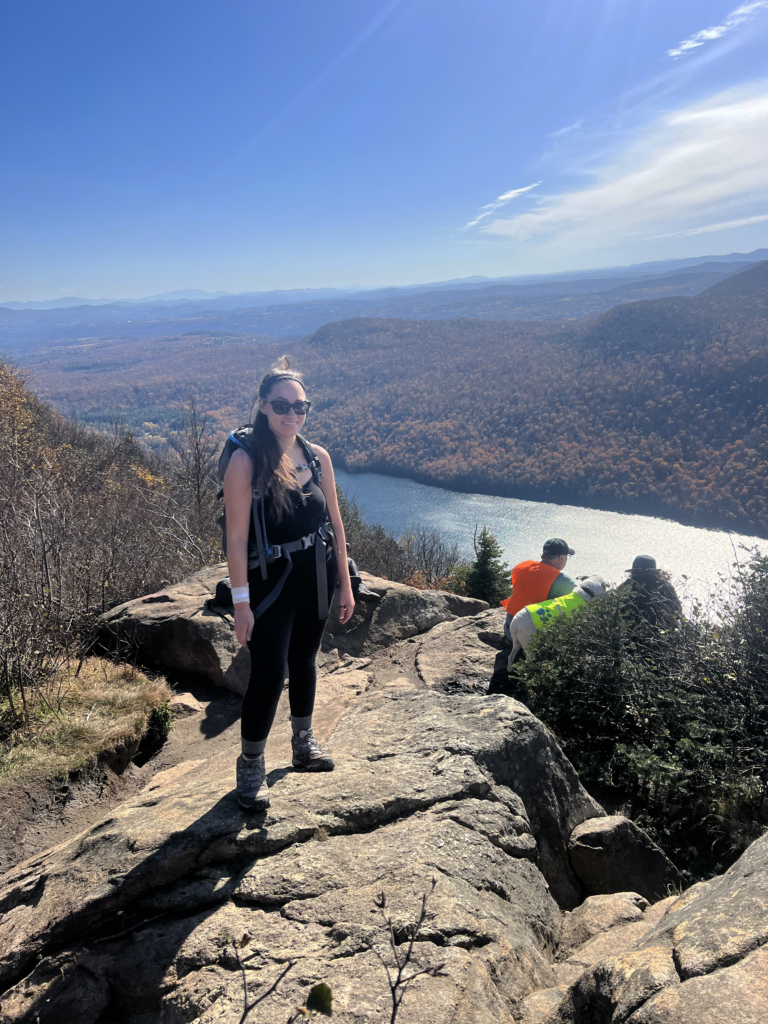
Learn To Say No
Boundaries are so important. I used to never say no because I was worried people would think I was mean or rude. But the problem with not saying no was it was basically me telling myself that my needs weren’t important. I was telling myself that other people’s needs were more important than my own. When you start to set boundaries and put yourself first, it will make such a difference. It will be really uncomfortable at first. But, eventually you’ll truly begin to believe that you’re worth it and it will feel so good to stand up for yourself.
Final Thoughts On Boosting Your Self-Esteem
I think it’s great that there’s a month dedicated to helping you boost your self-esteem. Having a good self-esteem is really important when it comes to your mental health. But, many people struggle with viewing themselves in a positive light. Hopefully this list is a good start to help you boost your self-esteem!
-Kailey
If you’re looking for more ways to boost your self-esteem, check out the post 10 Songs To Up Your Self-Esteem and Empower Self-Love here on TurningPointCT.org









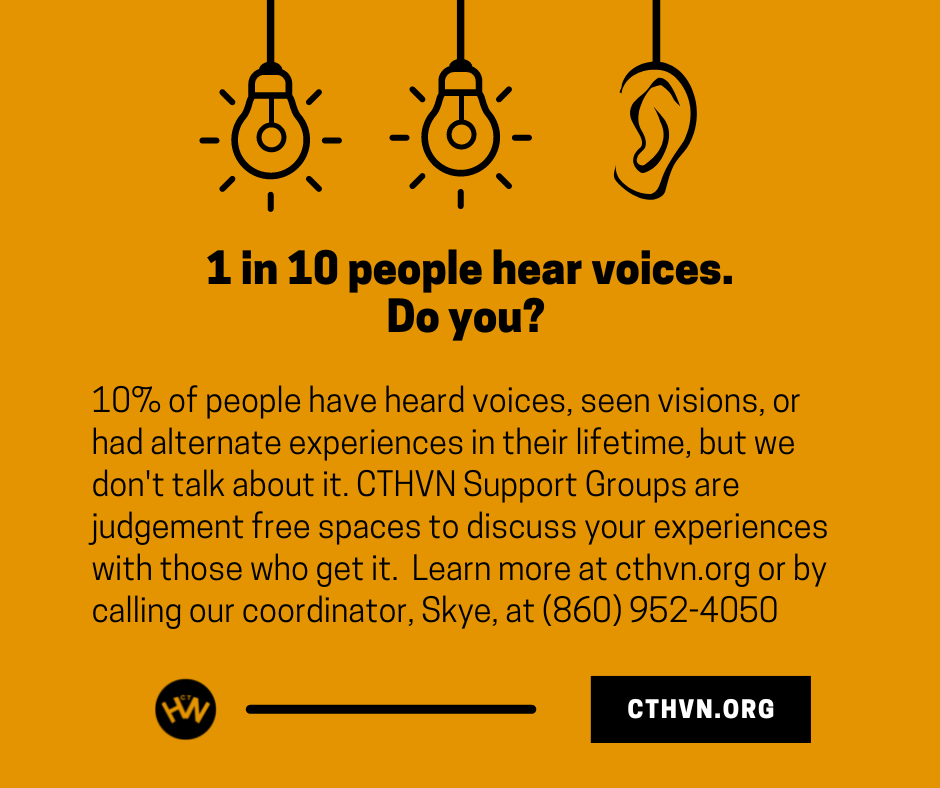


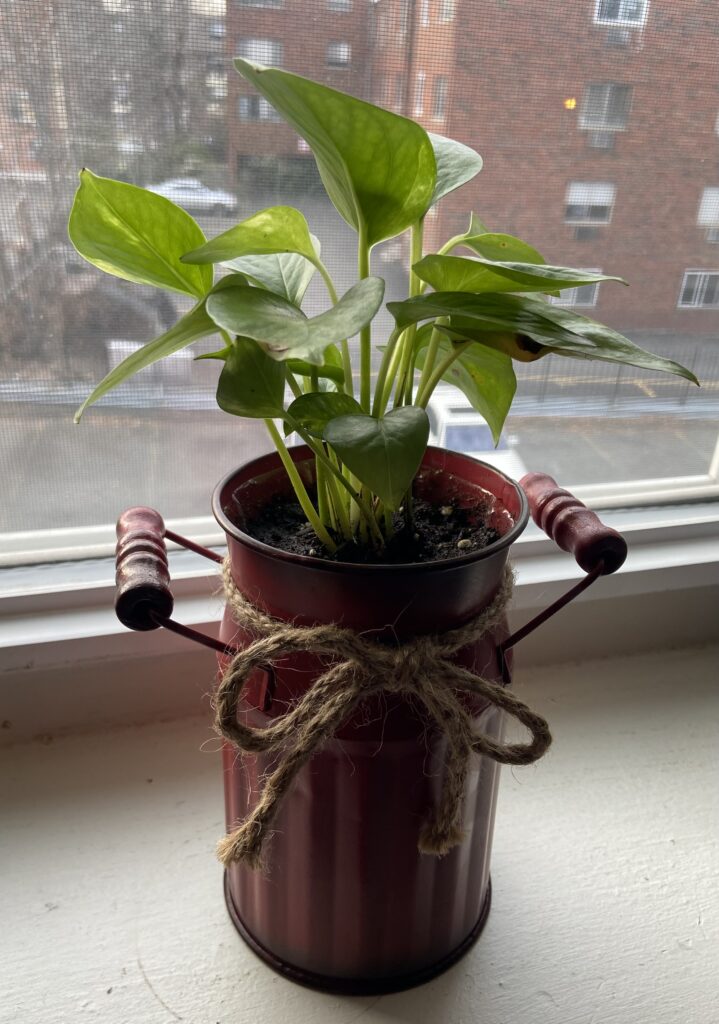
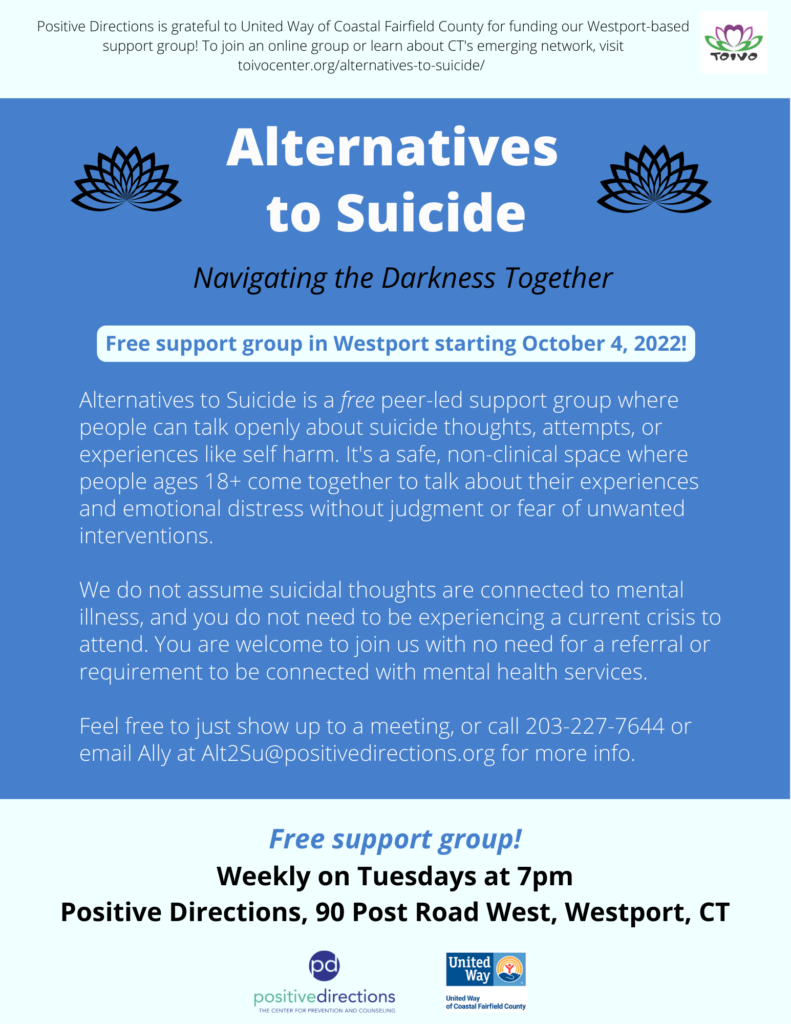
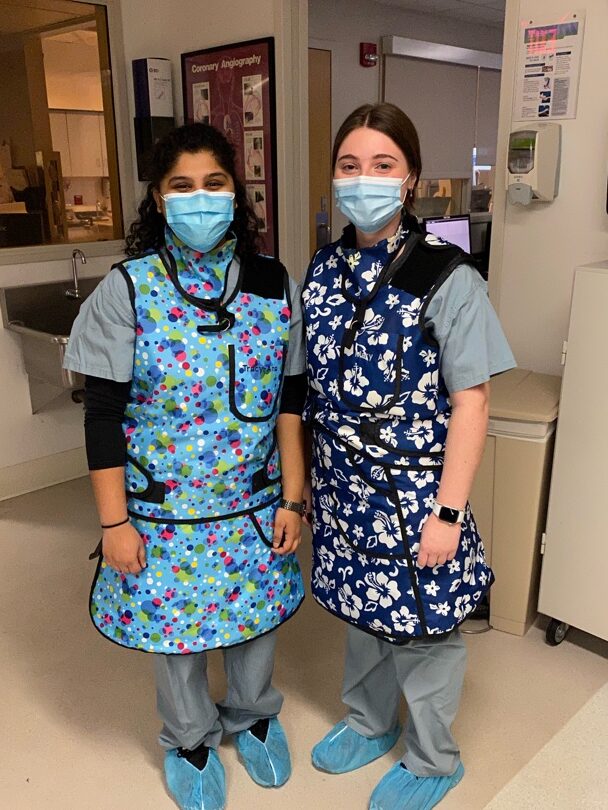


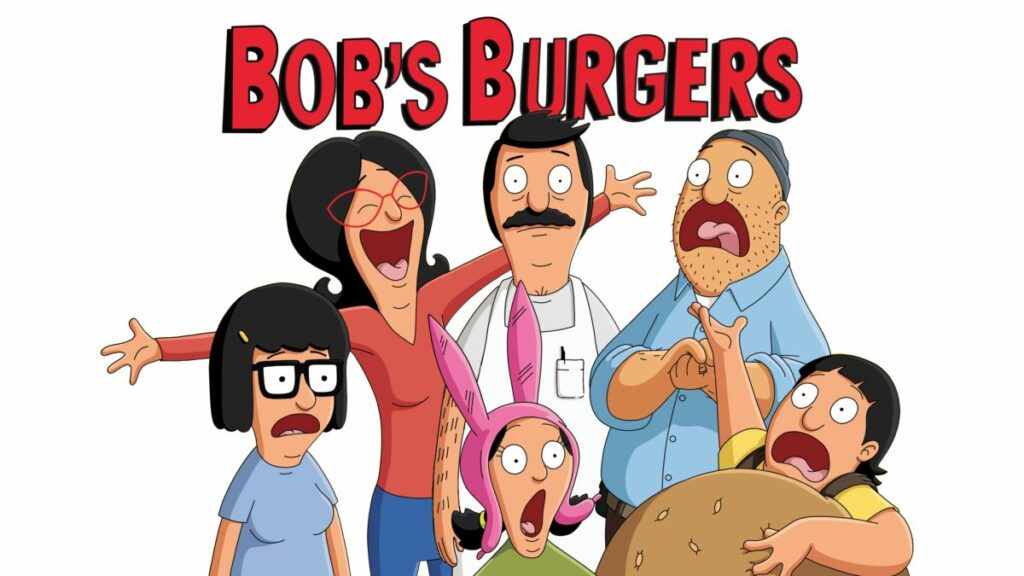

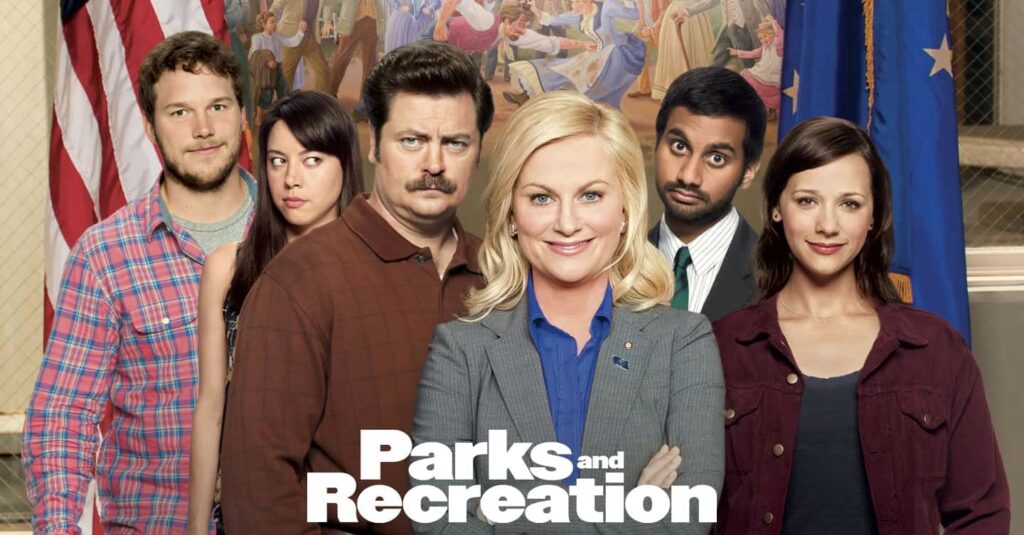


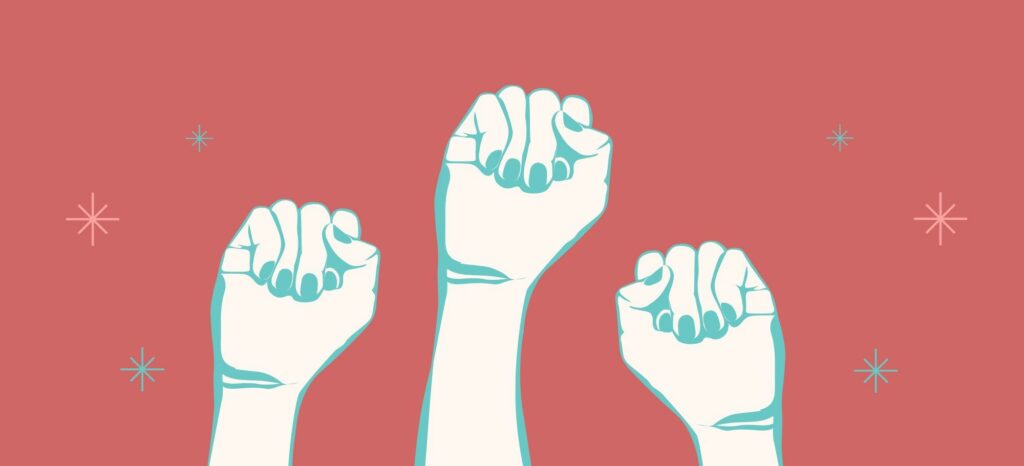








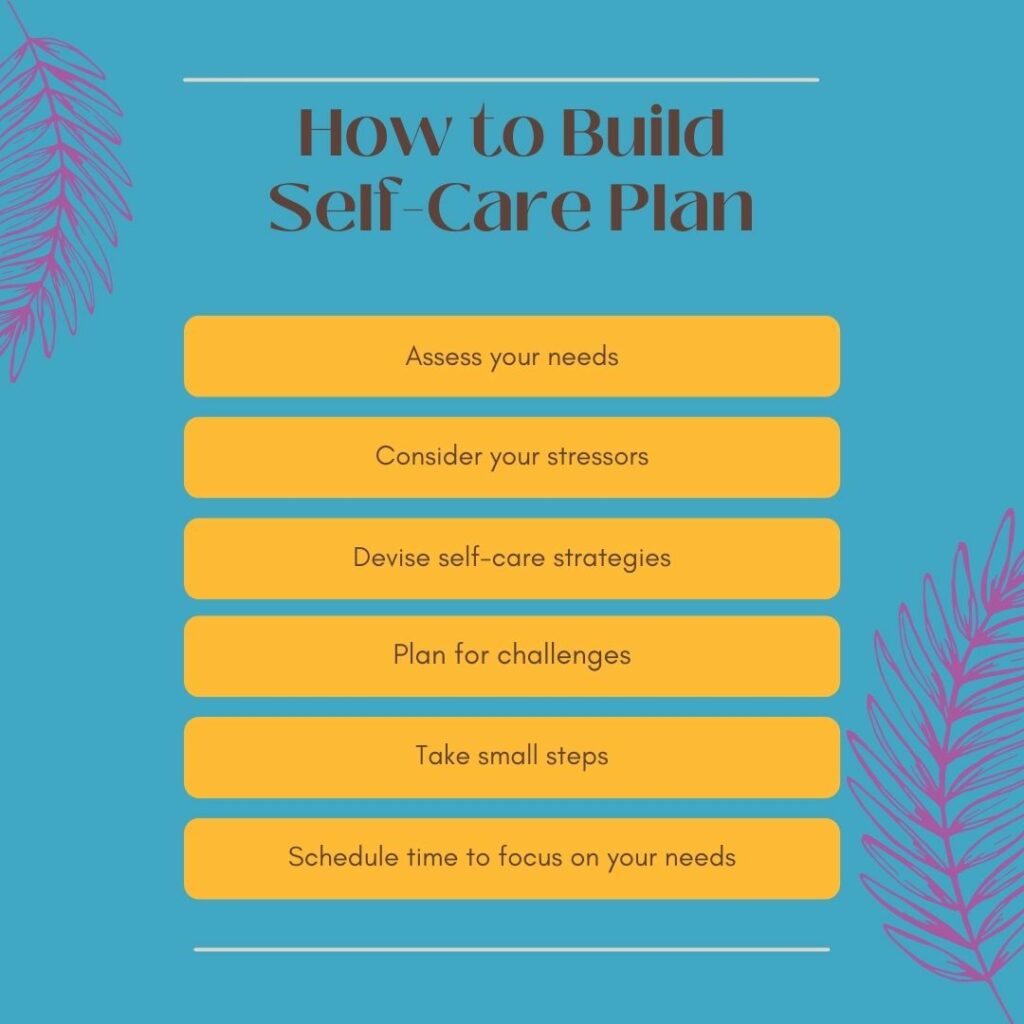















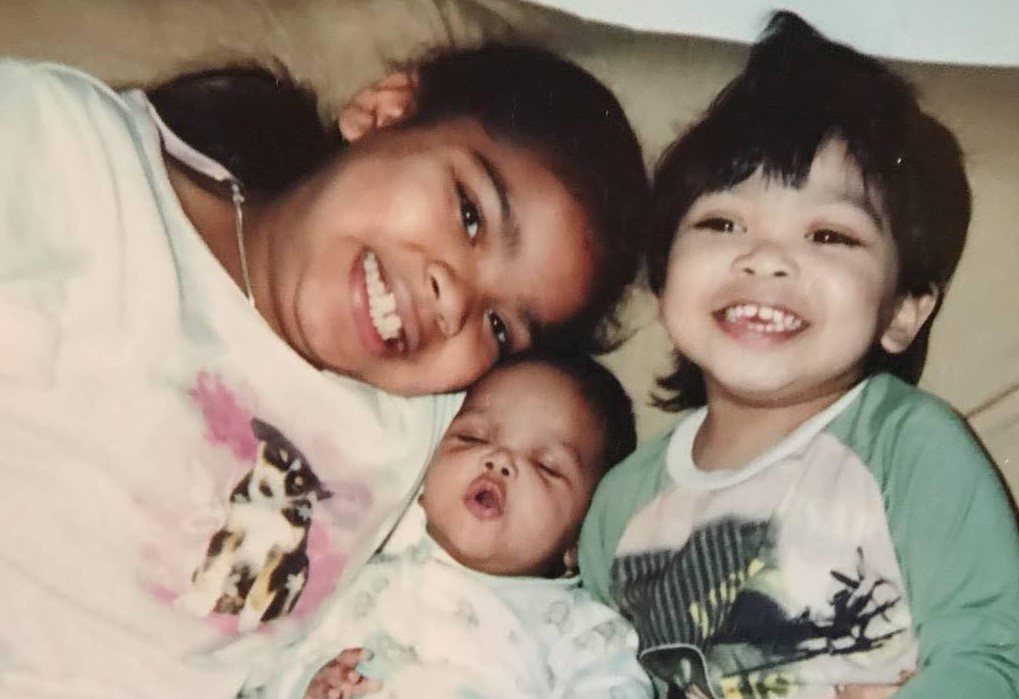

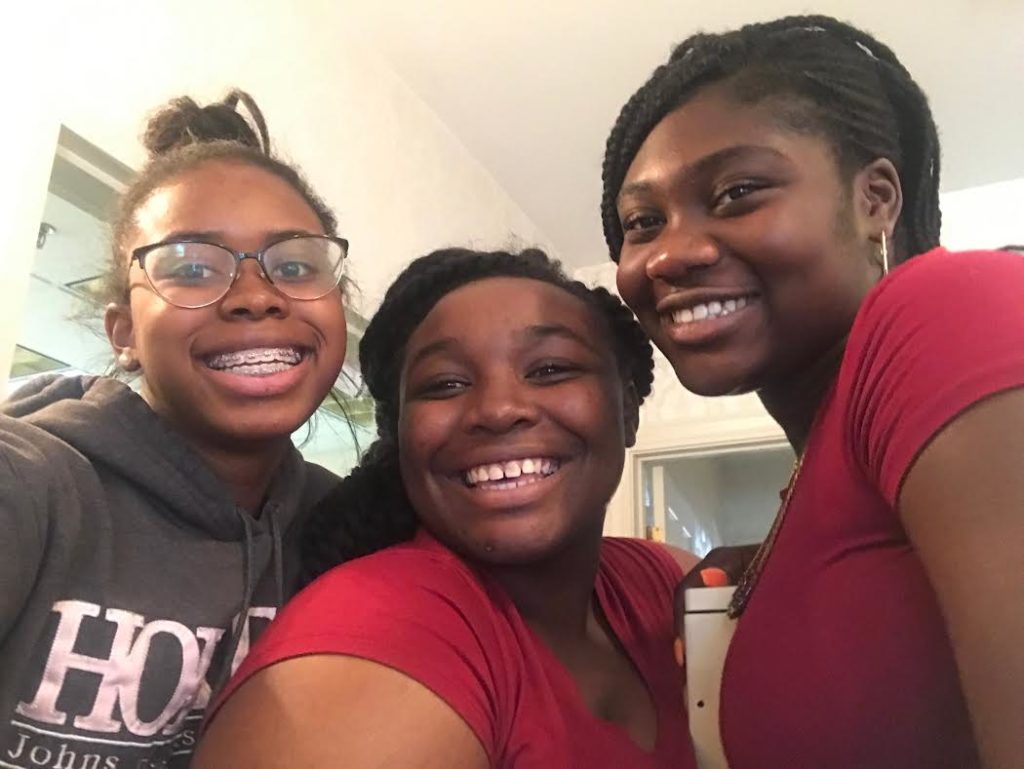














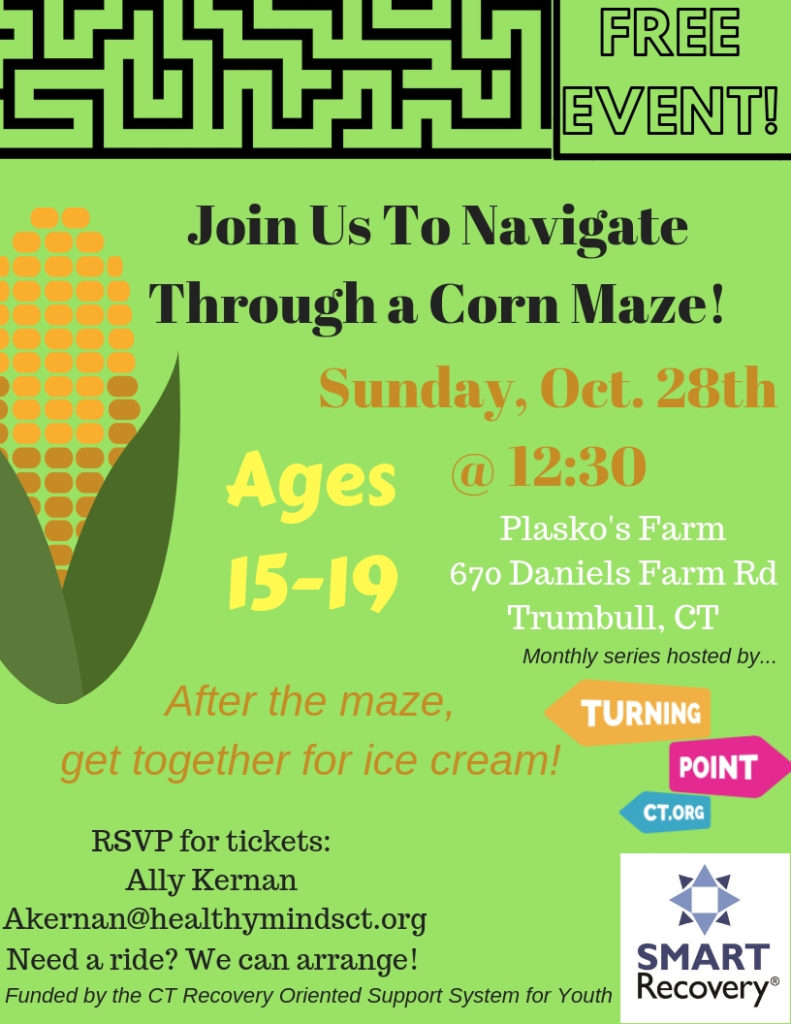
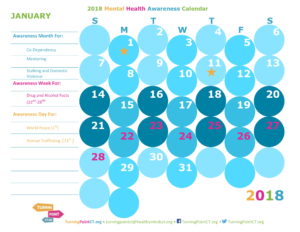












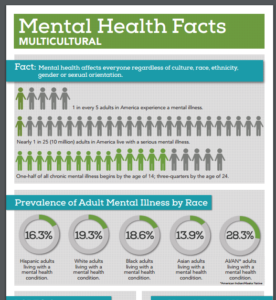
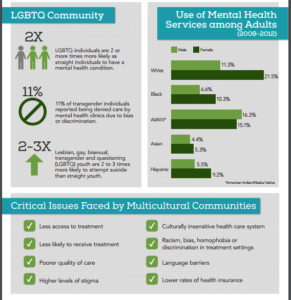
 Brian talks about his experience at the recent Speaker Series, by CTSTRONG, which featured motivational speaker and talk show host, Constance Lane Arnold. The event was held on Friday, September 9th, in Cromwell, Connecticut. This was a special young adult conference aimed at helping to transform young adult leaders through self-care, relationship maintenance, setting professional boundaries, and more!
Brian talks about his experience at the recent Speaker Series, by CTSTRONG, which featured motivational speaker and talk show host, Constance Lane Arnold. The event was held on Friday, September 9th, in Cromwell, Connecticut. This was a special young adult conference aimed at helping to transform young adult leaders through self-care, relationship maintenance, setting professional boundaries, and more!
 Those in attendance at the event expressed their struggle coping with trials and tribulations in their personal lives. Constance discussed how the key is to not rely on external sources for your happiness, energy, fulfillment, etc. She described certain unhealthy coping strategies as self-medication. “Medication is anything external that is used to help ease problems”. Constance also discussed how the key is to not rely on external sources for your hapiness, energy, fulfillment, etc.
Those in attendance at the event expressed their struggle coping with trials and tribulations in their personal lives. Constance discussed how the key is to not rely on external sources for your happiness, energy, fulfillment, etc. She described certain unhealthy coping strategies as self-medication. “Medication is anything external that is used to help ease problems”. Constance also discussed how the key is to not rely on external sources for your hapiness, energy, fulfillment, etc. 


